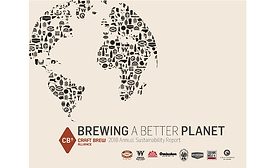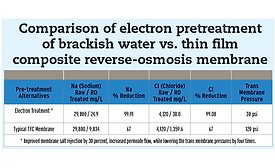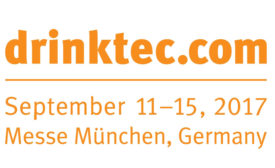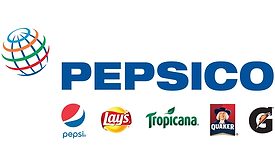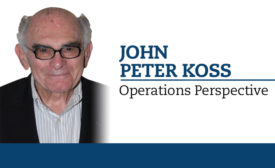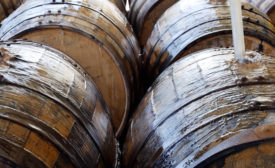Home » water management
Articles Tagged with ''water management''
MillerCoors reduces water usage by 15B gallons in 2016
Company uses 16.9% less water than in 2015
August 15, 2017
Can electrons lower a beverage-maker’s energy costs?
Shrinking water supplies challenges beer manufacturers
June 16, 2017
Best practices document released for bottled water
Guidance document presented in 5 topic categories
January 26, 2017
drinktec 2017 to cover entire supply chain
Solutions catalog operates as matchmaking tool for beverage functions
December 16, 2016
PepsiCo launches 2025 Sustainability Agenda
Agenda designed to meet changing consumer, societal needs
October 17, 2016
Understanding the variables in waste reduction for beverage plants
Waste containment team crucial to zero-waste goals
November 16, 2015
Top beverage companies striving, achieving zero-waste goals
Water management key to reducing waste in manufacturing plants
November 16, 2015
Molson Coors releases corporate responsibility report
Brewer making progress toward zero waste 2020 goal
August 17, 2015
IBWA shows that bottled water uses little of California’s water
Infographic and video teach consumers about bottled and tap water consumption
August 6, 2015
Elevate your expertise in the beverage marketplace with unparalleled insights and connections.
Join thousands of beverage professionals today. Shouldn’t you know what they know?
JOIN NOW!Copyright ©2025. All Rights Reserved BNP Media.
Design, CMS, Hosting & Web Development :: ePublishing
